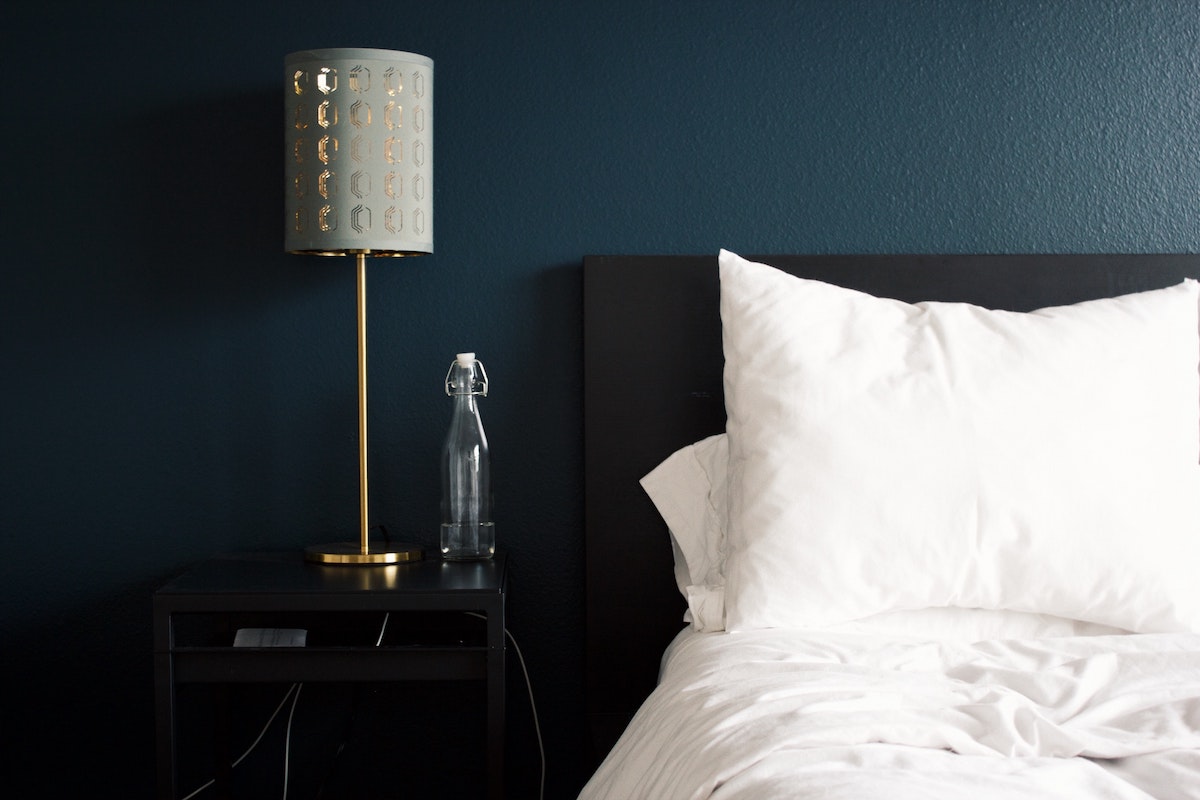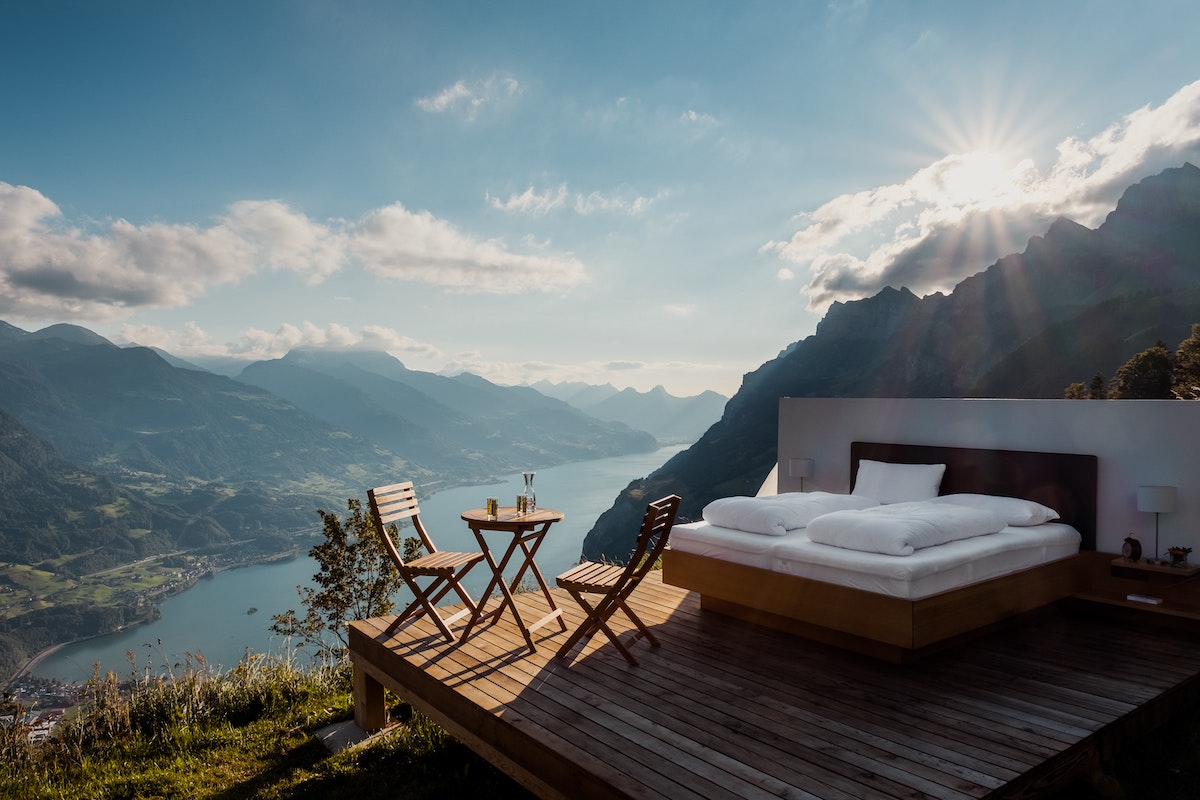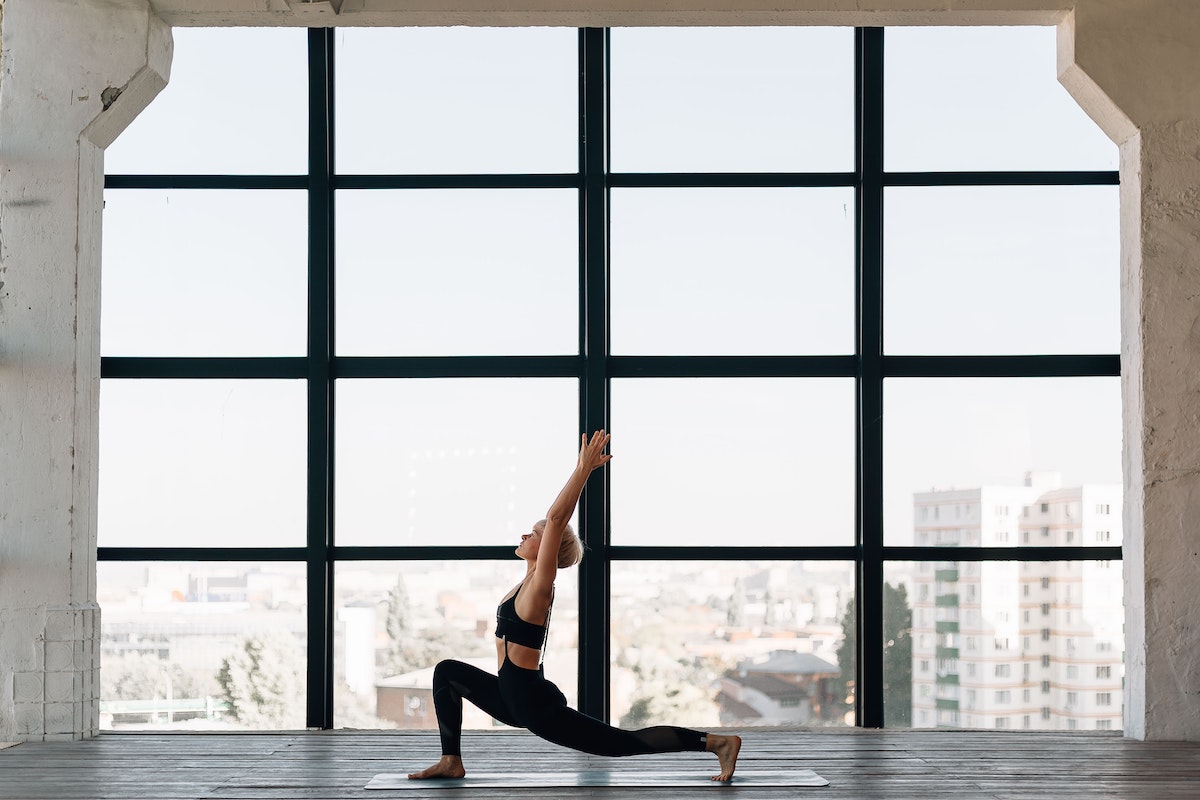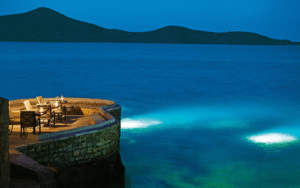For years the hospitality industry enjoyed an era of ease, with new developments and travel trends leading to spikes in travel demand. Since the Covid-19 crisis, though, how does the industry re-patch itself and even ‘thrive’ post-pandemic? We asked Edward Hooper, Group CEO of LQA, to provide us with some easy-to-enforce tips…
Although each and every industry was impacted by the Covid-19 pandemic, the global hospitality sector was among the hardest hit. While recovery has started, the industry as a whole is not expected to return to pre-pandemic levels for some time, primarily due to continuing reluctance among business travellers. As hotels aim to drive recovery and revive demand, and as the Covid crisis recedes, we’re starting to see the industry move towards a more promising position.
With high vaccination rates and the relaxing of strict restrictions – notably in the US in recent weeks – uninhibited travel tourism is slowly returning and the ‘revenge travel’ trend that started in 2021 continues to be prevalent. As this trend slowly spreads throughout the Asian market (with China now the clear exception to the rule) and as global tour operators get busier, the world’s travel backdrop continues to go from strength to strength after two turbulent years.

Image credit: Unsplash
LQA is the global leader in benchmarking and assessments, partnering with the world’s top luxury hotels, as well as government entities, in more than 130 countries to inspire exceptional service standards. As an authority in the hospitality space, below are some of our top tips for hotels to thrive post-pandemic:
Elevate guest experience
With room rates at record levels (especially in resort properties) luxury hospitality in particular has an opportunity to invest in further driving the guest experience to new heights. Whilst there is an understandable desire to recoup lost revenue from pandemic enforced shut downs, it’s essential this is balanced with an increase in overall service level to ensure the elevated expectation levels, inevitably associated with higher prices, are met.
The downside reputational risk from increased prices and reduced service levels will only increase over time, with guests’ patience for ‘Covid excuses’ waning rapidly. The short-term benefits of increased profits could turn into a long-term loss as expectation levels rise to match pricing and poor service is punished with bad reviews and general customer dissatisfaction.

Image credit: Unsplash
Managing staff challenges
By far the biggest issue affecting the hotel industry is staffing, with this disproportionately impacting higher-end properties due to the amount of experienced, longstanding team members leaving the industry altogether – often for reasons due to the Covid pandemic. Therefore, hotel establishments are facing long lead times for training new staff members to the requisite level, impacting the overall staffing issues within the industry.
LQA has seen a material increase in training requests, with training levels in the past six months double that of the same period in 2019. High quality, pre-emptive training remains absolutely key to meeting the challenges of new levels of service demand, and those who have already engaged in training will reap the rewards.
Include holistic hospitality, health and wellbeing
The pandemic has put health and wellness firmly front and centre in most peoples’ thinking and this trend has opened up valuable service areas for the hospitality industry to connect with guests in more meaningful ways post-pandemic. Hotels who anticipate and exceed guest health and wellness needs, not only with impeccable hygiene but also in terms of psychological and physical wellbeing, will be the big winners.

Image credit: Unsplash
Programmes such as digital detox, stress and emotional recovery and personalised fitness regimes are becoming essential elements to a vacation. Wellness offerings, for example, are showing up more and more as guests seek out a more rounded experience.
To truly be impactful, the complete guest experience should be considered, for example partnering spa treatment programmes with a greater range of healthy culinary options in restaurants extends the positive impact to the guest beyond a basic programme, turning the single opportunity into a holistic experience.
Digitalisation and technology are key
Covid-19 is estimated to have accelerated digitalisation by seven years and the pace of change shows no signs of slowing. As with other sectors, the hospitality industry had to adjust accordingly to the rapid rate of tech-adoption to facilitate a return to business. This technological evolution (or perhaps revolution), however, has now rapidly become a welcome addition to the overall guest journey within the hotel industry.
‘Smart capabilities’ have continued to improve in quality, with automated AI messaging now accepted as commonplace, and technology is now capable of being used to create a more personal experience, rather than the historically ‘generic’ feeling. During the pandemic, we also saw more hotels feature digital tours of their rooms and facilities, use virtual concierge services and even curate specialised online experiences, such as livestream safaris and beach-front webcams, to inspire and maintain wanderlust. While some of these will inevitably fall by the wayside, many are certainly here to stay.
One consequence of this is that high-speed WiFi is now integral for all establishments to have, not only to ensure guests can be contactable but also to support the rise of ‘working from abroad’ as individuals increasingly combine holidays with flexible working. Guests are also expecting this to be included for free, with WiFi charges now driving high negative sentiment.
Focus on sustainability
Sustainability has been a global concern for many years, but the pandemic set that back somewhat with the requirement for single use/sterile items ultimately outweighing the environmental impact.
Now, however, the trend has reversed, with increased media scrutiny of global warming and sustainability filling the news gap left by COVID. The shock factor for guests of the visible increase in single-use plastics during the pandemic has further underlined the issue and expectations have now rebounded to a higher level, with all aspects of sustainability, as well as corporate social responsibility, being high on the agenda.
As hotels move from ‘post-pandemic’ to ‘new normal’, they will also need to re-imagine what sustainable operations look like, with energy saving and waste minimising processes very soon to be pre-requisites rather than differentiators. Locally sourced produce and seasonal menus are becoming more prevalent, with consumers looking to hotels to reduce their impact on the environment. Other socially responsible aspects, such as the employment of staff from nearby communities and the use of freely available local materials within the hotel, are fast becoming part and parcel of hotel guests’ expectations.
After two tumultuous years, the future of hospitality is shining brightly and this resilient industry is responding, preparing and looking ahead positively to what’s next.
Main image credit: Unsplash

























